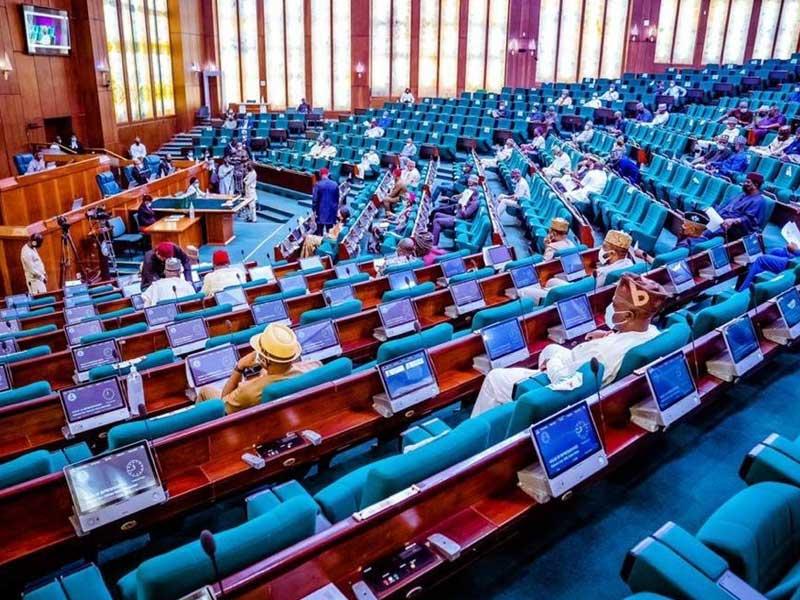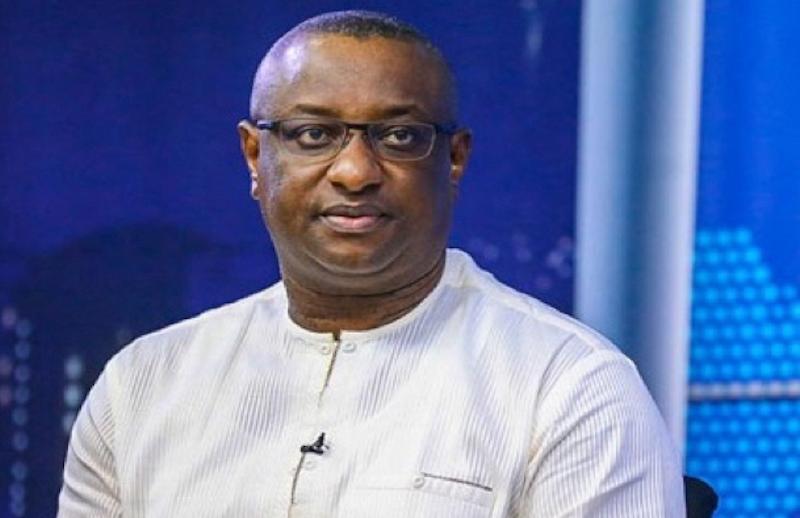Adedayo Akinwale in Abuja
The House of Representatives has ordered an investigation into the discrepancies in the actual amount of remittances made by Nigerians in Diaspora in the last three years.
The House ordered the investigation following the adoption of a motion moved at the plenary yesterday by Hon. Tolulope Akande-Sadipe, on the need to ascertain Diaspora remittances and its impact on the nation’s economy.
She said remittances by Nigerians represented household incomes and investments from foreign economies arising mainly from the temporary or permanent movement of people to those economies and included cash and non-cash items that flow through formal channels, such as electronic wire or through informal channels, such as money or goods carried across borders.
The lawmaker explained that the World Bank estimated that global remittances grew by 10 per cent from $633 billion in 2017 to $689 billion in 2018, with developing countries receiving 77 per cent or $528 billion of the total inflows.
Akande-Sadipe noted that Egypt and Nigeria accounted for the largest inflows of remittances into Africa in 2018, with Nigeria leading in terms of remittance receipts in 2017.
She said a United Nations official records revealed that there were 1.24 million migrants from Nigeria in the diaspora, while the World Bank report also showed that the Indian diaspora sent a whopping $79 billion back home in 2018, making India the world’s top recipient of remittances and at the growth rate of 14 per cent in inward remittances.
The lawmaker said India had registered significant growth in the flow of remittances over the last three years, from $62.7 billion in 2016 to $65.3 billion in 2017, remittances reached the $79 billion mark by 2018.
Akande-Sadipe said that Nigeria accounted for over a third of migrant remittances flows to sub-Saharan Africa estimated to have amounted to $23.63 billion in 2018, and represented 6.1 per cent of Nigeria’s GDP, which translated to 83 per cent of the nation’s budget in 2018 and 11 times the Foreign Direct Investment (FDI) flows in the country within the period and was seven times larger than the $3.4 billion received in 2017 as foreign aid.
She stated: “The estimates that migrants remitted to Nigeria could grow to $25.5 billion, $29.8 billion and $34.8 billion in 2019, 2021 and 2023 respectively and over a 15-year period, total remittances flows to Nigeria would grow by almost double in size from $18.37 billion in 2009 to $34.89 billion in 2023.
“Since many transactions are unrecorded or take place through informal channels, the actual amount of remittance flows into the country is arguably higher; as in 2018, diaspora remittances to Nigeria was equal to $25 billion, representing 6.1 per cent of the GDP, which also represented 14 per cent year-on-year growth from the $22 billion receipt in 2017.”
According to her, the strategic importance of Nigerians in the diaspora made the federal government to establish the Nigerians in Diaspora Commission (NIDCOM) in 2017 to engage and utilise their human, capital and material resources in the socio-economic, cultural and political development of Nigeria.
Akande-Sadipe, however, said reports by the National Bureau of Statistics (NBS) that remittances from Nigerians in the Diaspora rose from $3.24 billion in 2013 to approximately $25.08 billion in 2018, amounting to a rise of 126 per cent in six years, and translating into an estimated $96.5 billion sent to the country.
After the consideration of the motion, the House mandated “the Committees on Diaspora, Banking and Currency, National Planning and Economic Development to interface with the Nigerians in the Diaspora Commission, the Central Bank of Nigeria, Money Transfer Operators and other stakeholders to investigate the actual amount of remittances in the last three years and report back within four weeks for further legislative action.”




